
全套PPT教案试题(送电子课本)
【展示课】
1.3Festivals around the world PPT:
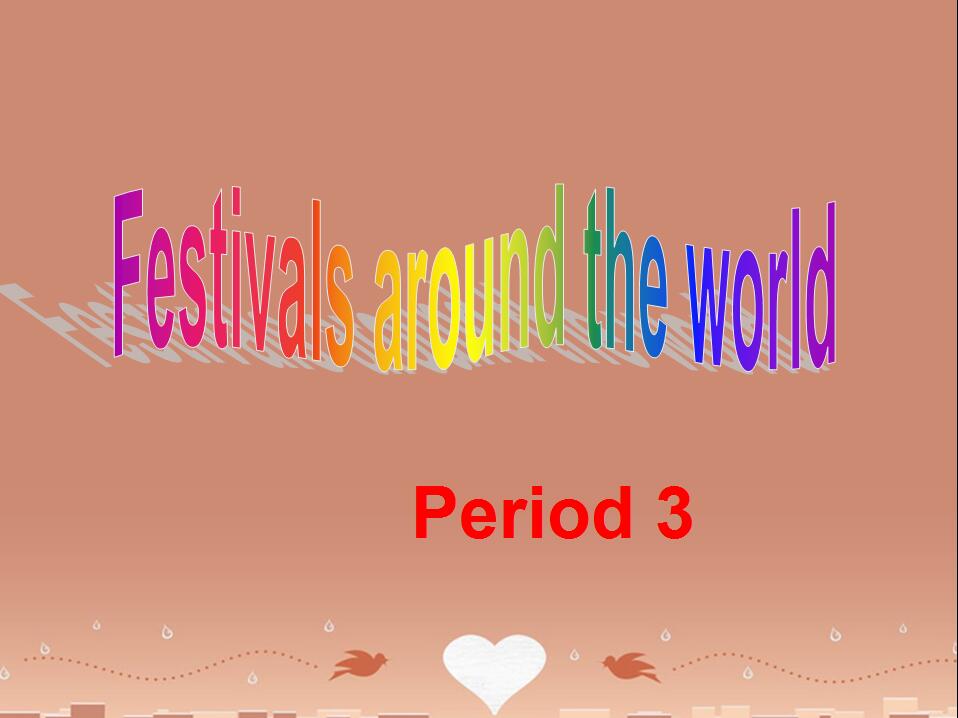
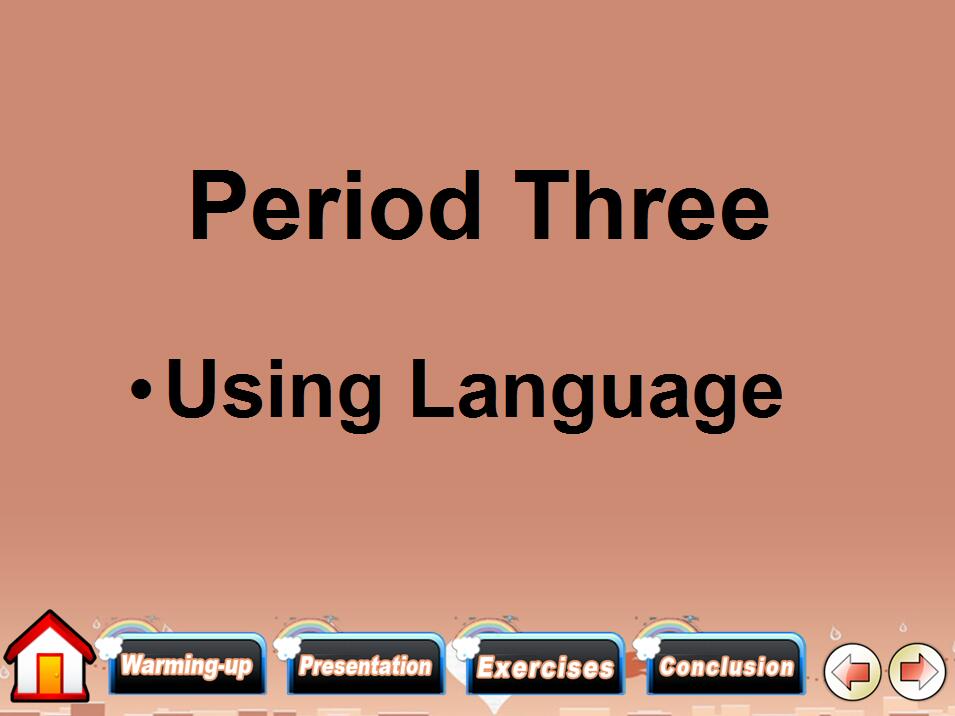
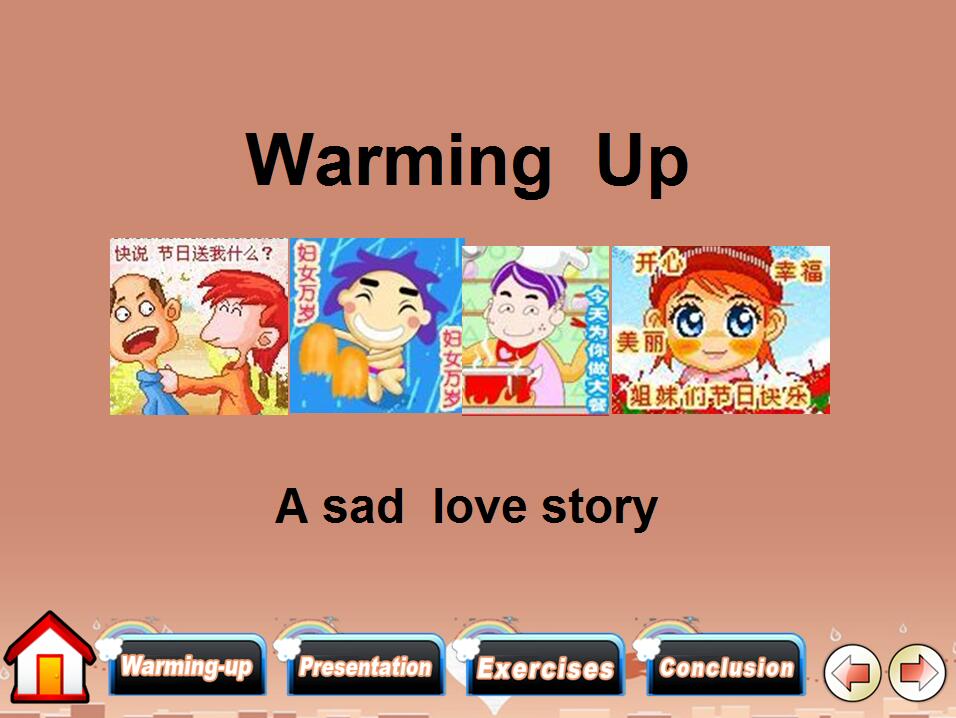
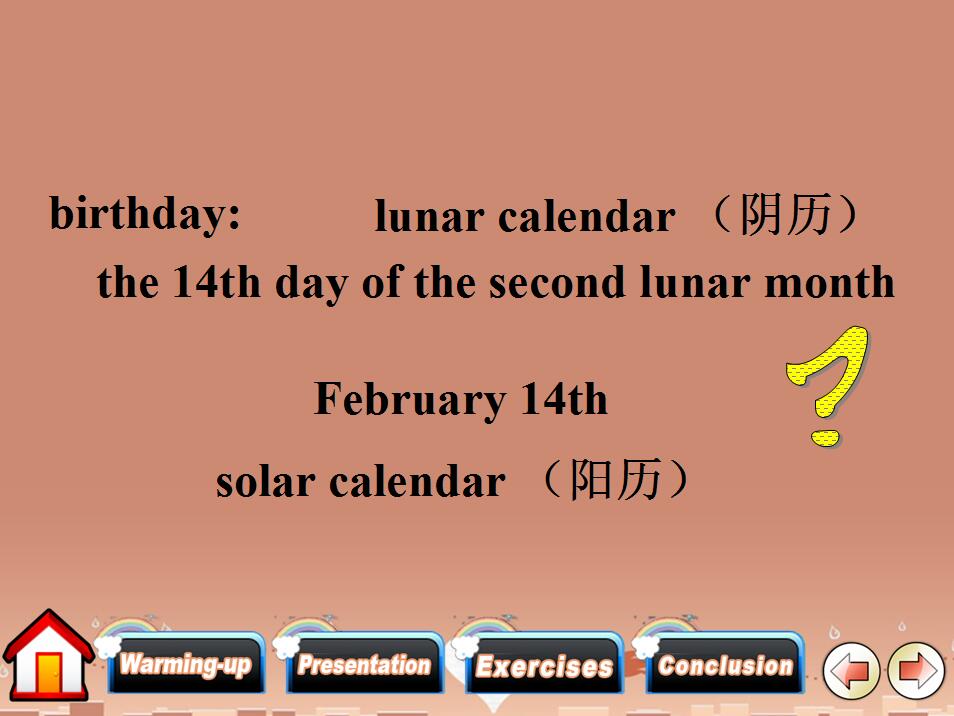
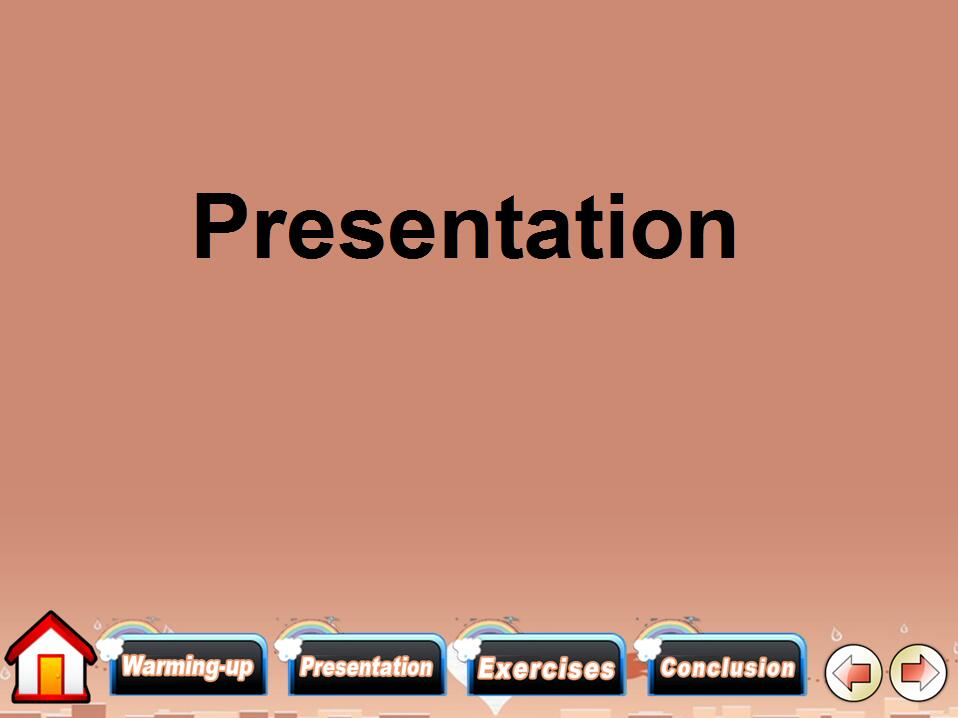
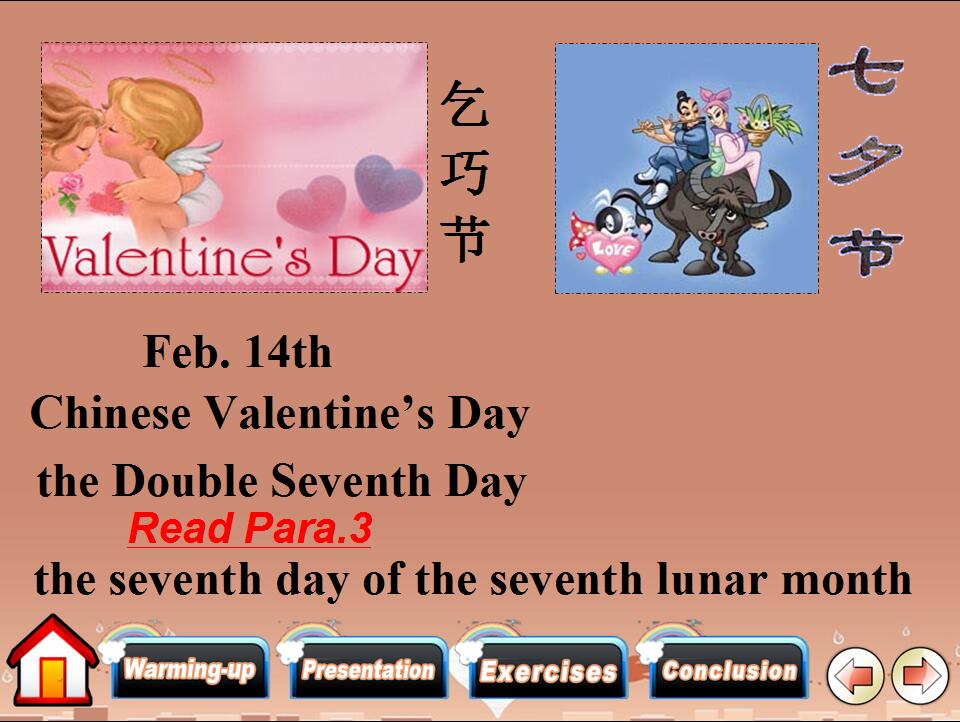

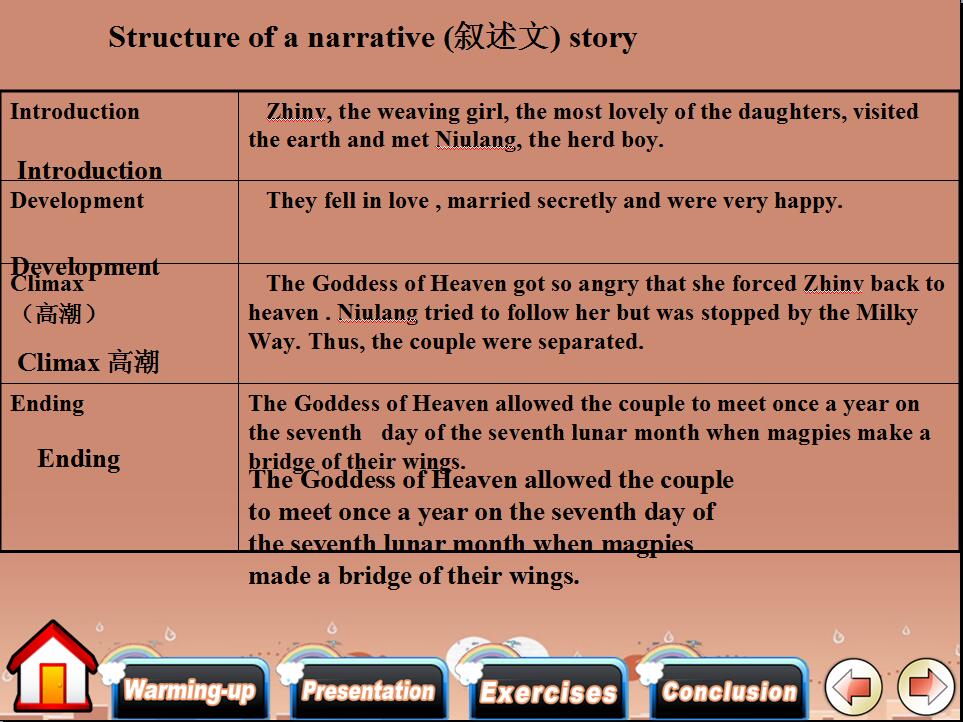
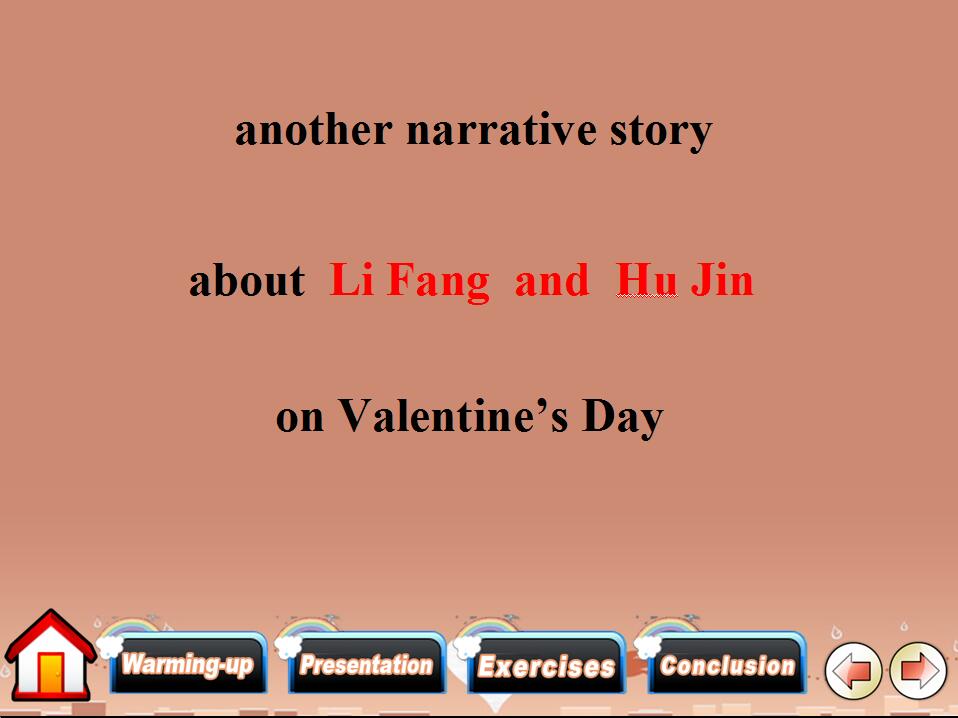
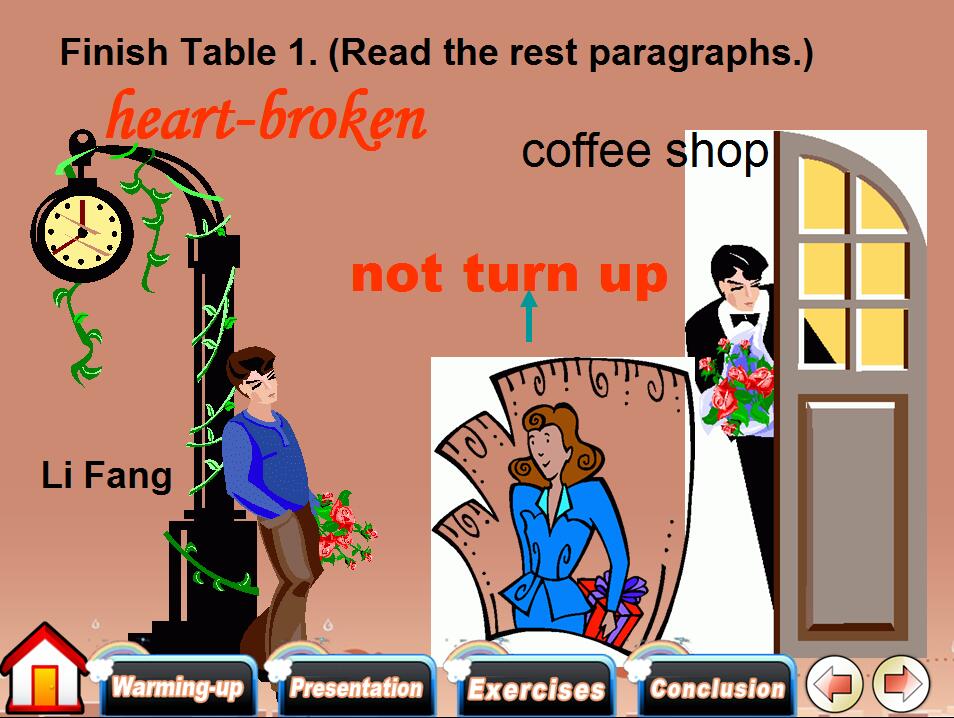
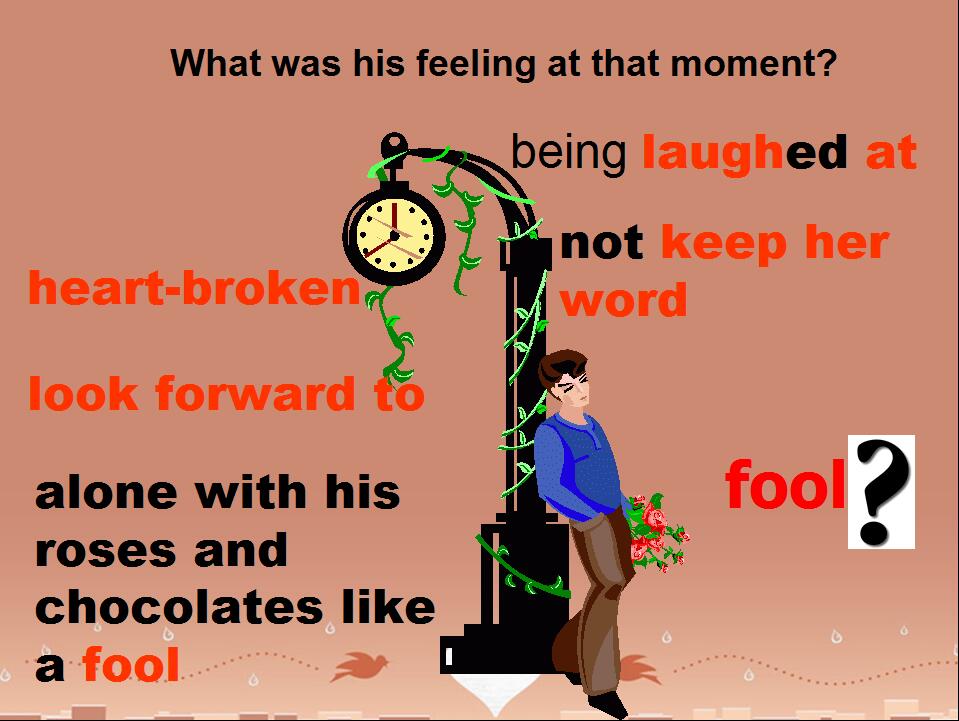
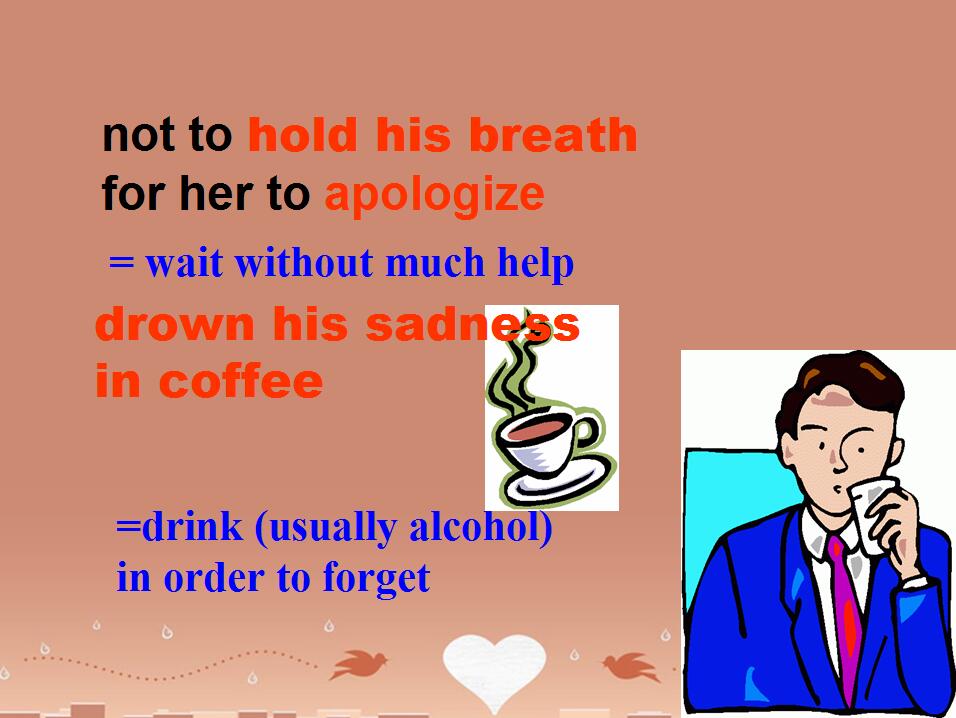
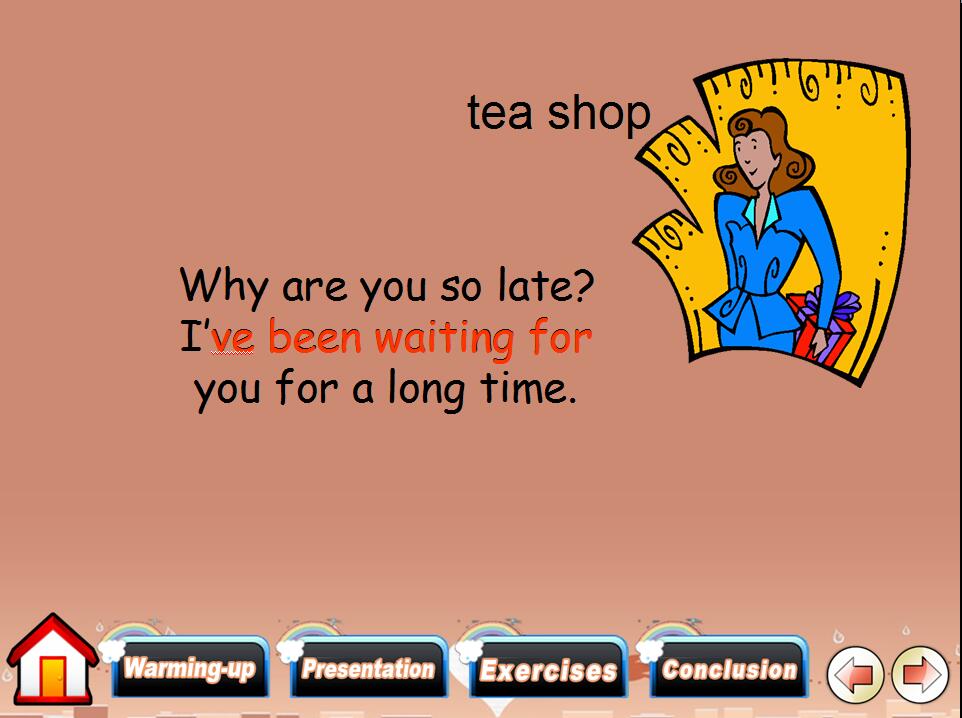
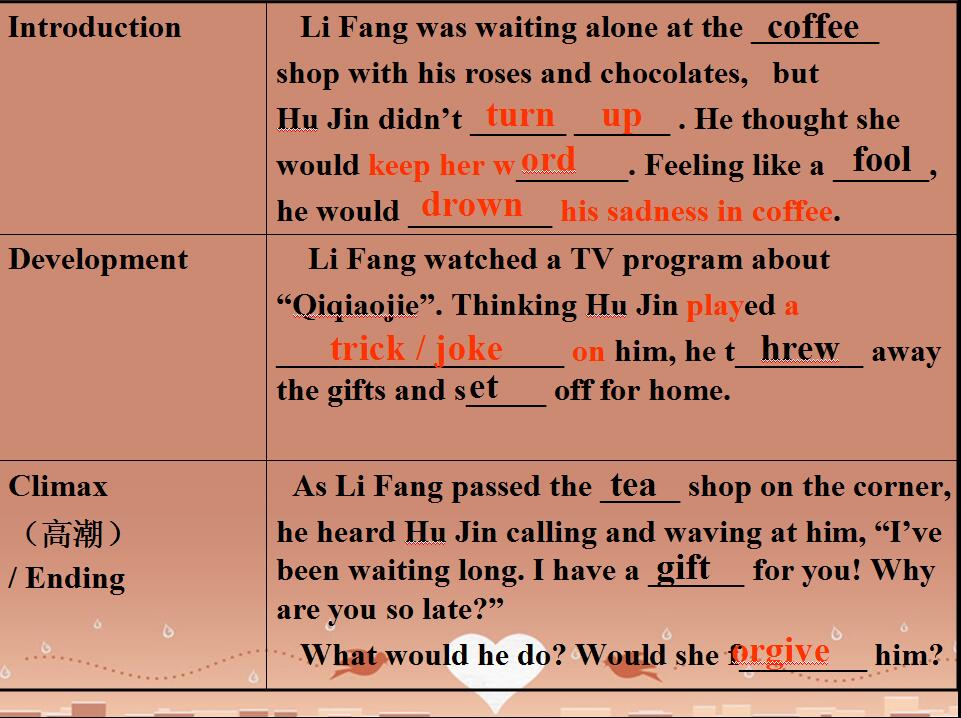
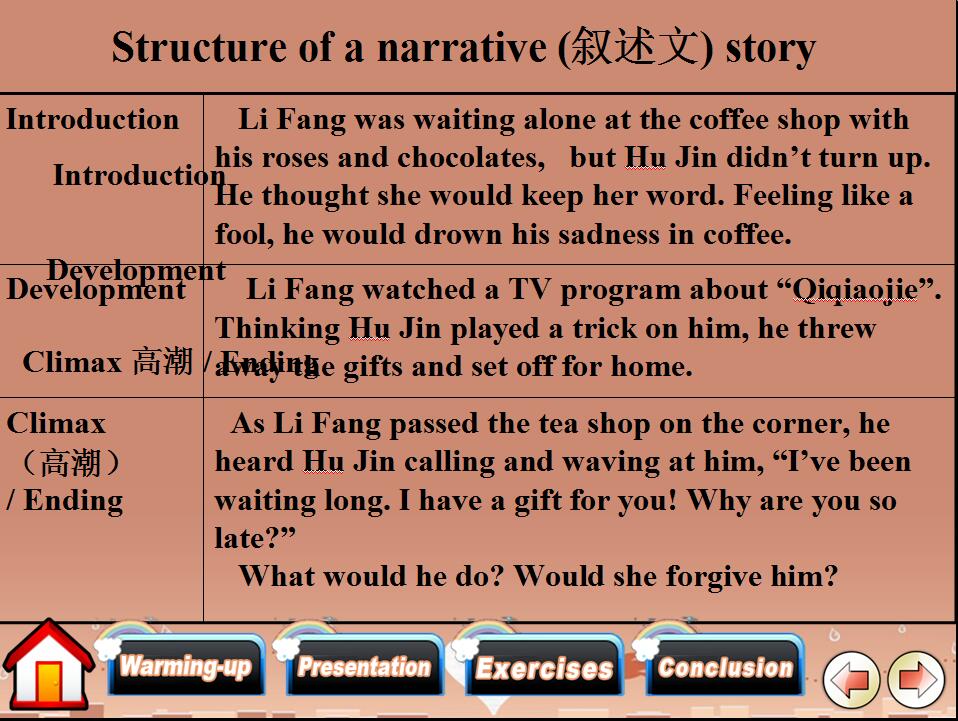
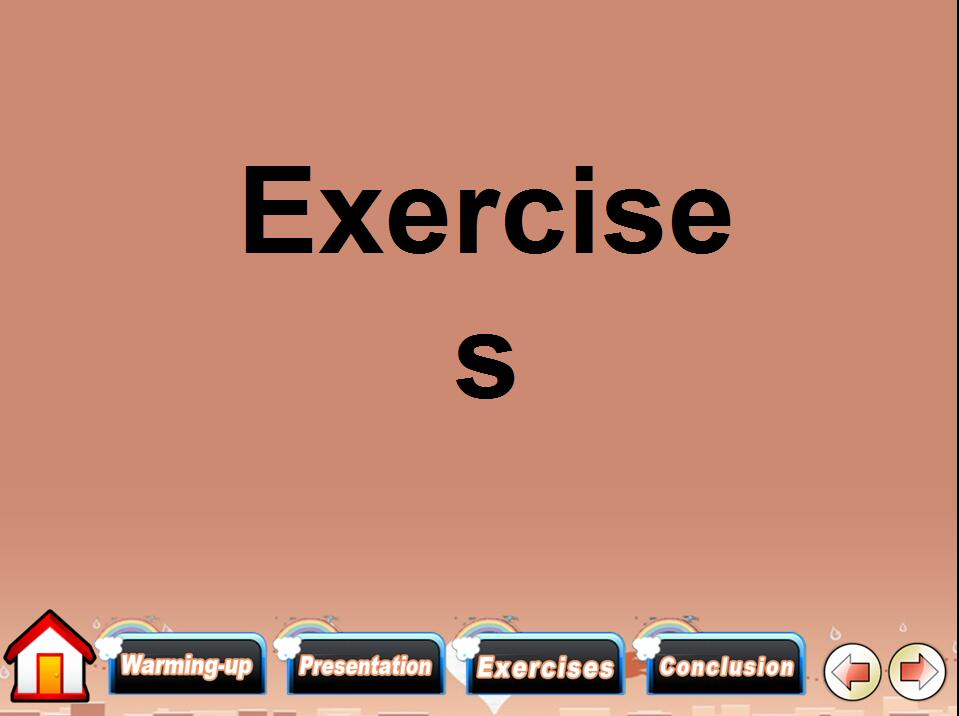
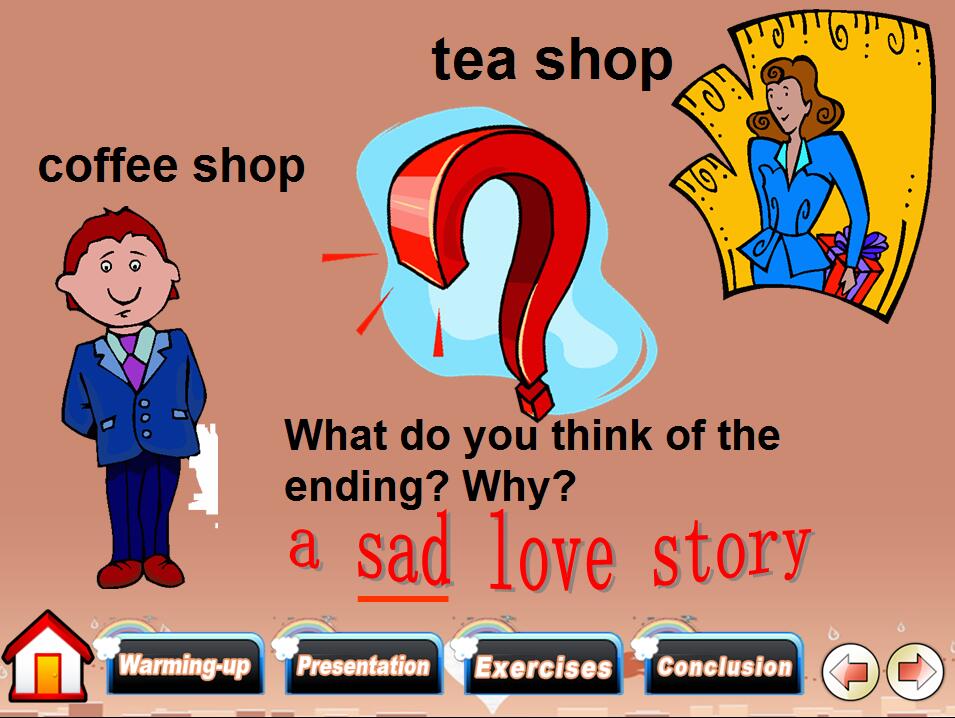
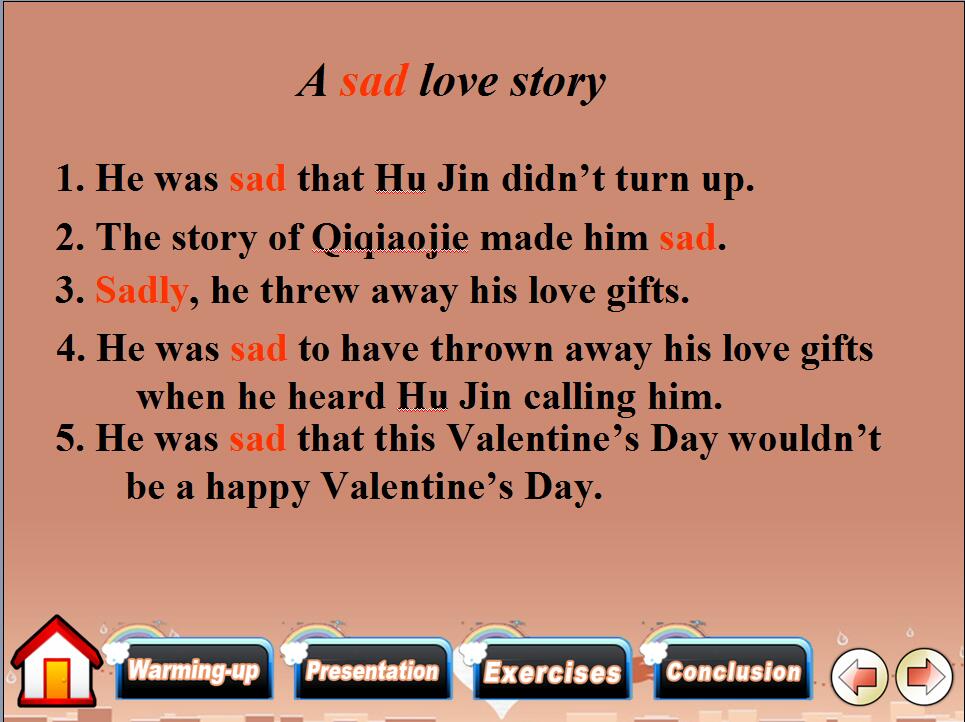
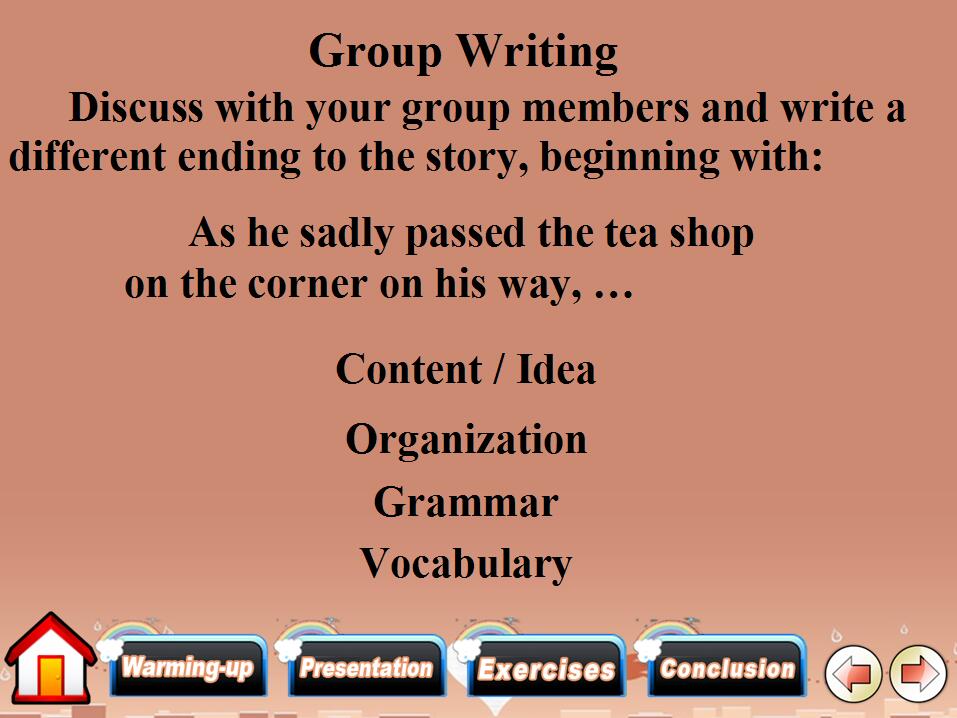
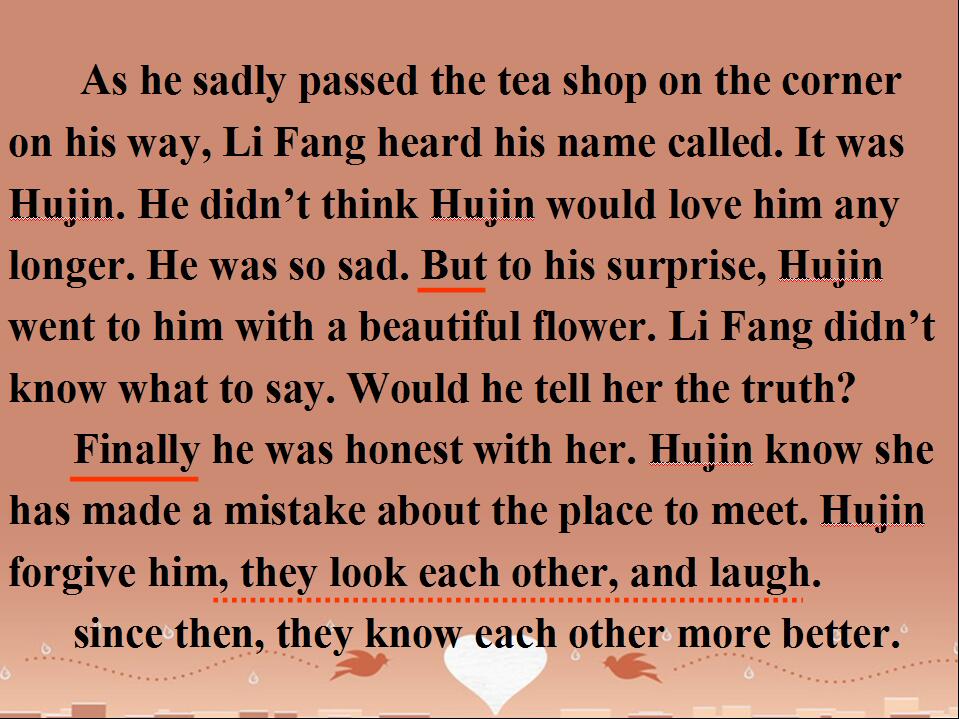
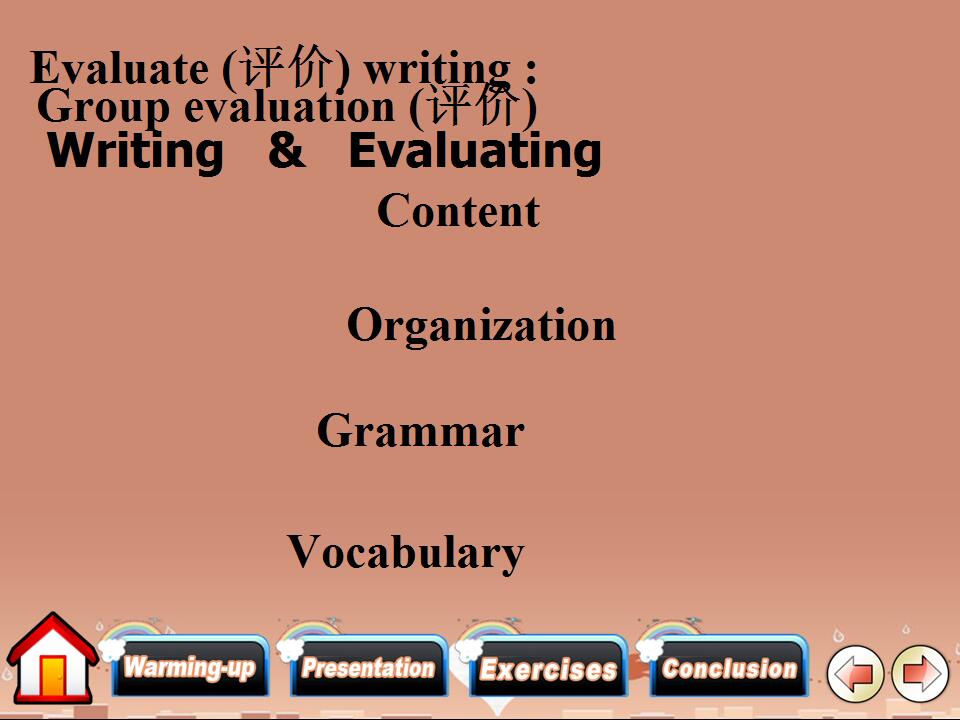
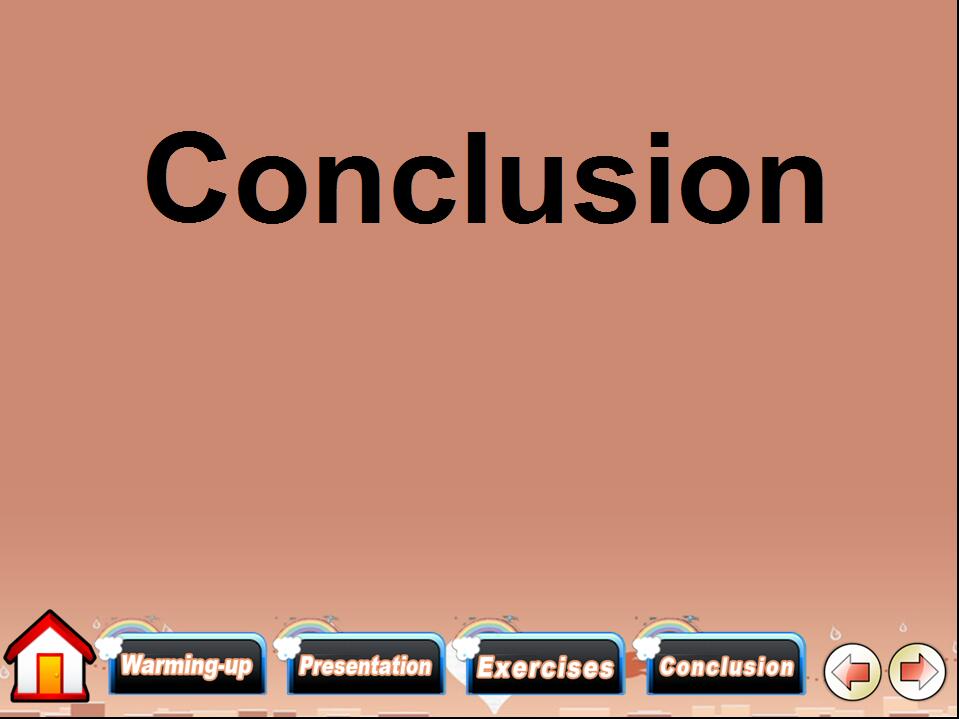
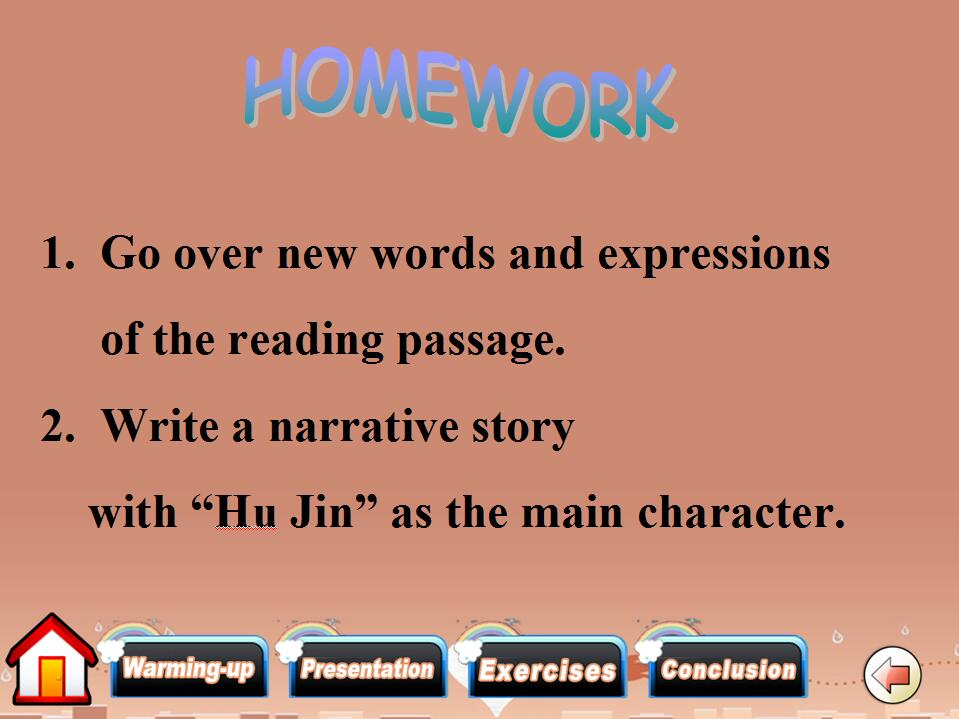
1.3Festivals around the world 教案:
教材分析
This is the sixth teaching period of this unit. The teacher can first check the homework, let students review what they learned in the last lesson and then lead in the new lesson.
In this period, teaching activities will focus on speaking and writing, which belongs to knowledge extension of this unit. Especially, the writing offers students the opportunity to imagine the story A Sad Love Story and to use their own ideas to change the ending. The practice of creative or imaginative writing is important for students to use the vocabulary and structures they have learned. This is also a best way to test if students have mastered what they have learned. Encourage them to think of how they would feel in a similar situation or how they might imagine alternatives. They can reflect on stories that they know or have seen in films if they wish.
Writing is a higher stage of language learning. The teacher should frequently give students some assignments of writing. Only in this way, can students use what they have learned more freely.
教学重点
1. Develop students’ speaking and writing abilities.
2. Get students to use their own ideas to change the ending of a story.
教学难点
1. Let students create a new festival and make a short report about it.
2. How to develop students’ writing ability.
三维目标
知识目标
1. Get students to learn more about festivals.
2. Let students know how to change the ending of a story.
能力目标
1. Train students speaking ability, especially talking about festivals.
2. Develop students’ writing ability to change the ending of a story.
情感目标
1. Stimulate students’ love of national culture and customs.
2. Train students’ ability to cooperate with others.
教学过程
设计方案(一)
→Step 1 Revision
1. Check the homework exercises.
2. Ask students to translate the following sentences.
1)胡谨说她下班后会在咖啡馆和他见面的, 可现在她却不见人影。
2)她说她会在七点到达, 李方认为她会守信用的。
3)他一整天都在盼着见到她。
4)他不想沉住气等她来道歉, 他要用咖啡来解愁。
5)李方动身往家走, 心里想: “我想胡谨是不爱我了, 把这些鲜花和巧克力都扔了吧, 我可不想因它们想起她来。”于是他就这样做了。
6)在回家的路上, 他神情失落地走过拐角处的一家茶馆, 忽然听到有人喊他, 那是胡谨在向他招手。
Three students are asked to the front. They have two sentences each and write their answers on the blackboard. The others translate the sentences with the textbook closed. Check the answers after most of them finish.
Keys for reference:
1)Hu Jin had said she would meet him at the coffee shop after work, but she didn’t turn up.
2)She said she would be there at seven o’clock, and he thought she would keep her word.
3)He had looked forward to meeting her all day.
4)He was not going to hold his breath for her to apologize. He would drown his sadness in coffee.
5)As Li Fang set off for home, he thought, “I guess Hu Jin doesn’t love me. I’ll just throw these flowers and chocolates away. I don’t want them to remind me of her. ” So he did.
6)As he sadly passed the tea shop on the corner on his way home, he heard a voice calling him. There was Hu Jin waving at him.
→Step 2 Warming up
1. Ask students to read the story about Li Fang again and discuss in groups the question: What do you think is going to happen to Li Fang and Hu Jin?
2. Have some students to report their ideas and share with the whole class.
→Step 3 Writing
1. Give students the following hints to help them prepare for writing.
1)Think of how Li Fang will explain that the flowers and chocolates are gone.
2)Think of what Hu Jin will say when she hears that news.
3)Think of an ending to the story that will solve the problem. Will Li Fang be happy or sad?
2. Ask students to write their own ending to the story.
3. Ask some students to read their writing to the class. The others should give comments.
→Step 4 Speaking
1. Tell students: There are many festivals around the world, but sometimes we need to create new festivals for particular reasons. Now we have the chance to create a new festival.
2. Ask them to talk with their partner and make a name for their festival they will create.
3. Let them discuss the following points.
1)when the festival takes place.
2)what the festival is for.
3)what people do at the festival.
4)what people eat at the festival.
4. Have them to prepare a short report about their new festival.
5. Ask as many students as possible to present their report to the class.
→Step 5 Writing task
1. Let students to review the following expressions they will use.
You must. . . .
You should. . . .
You could. . . .
You can. . . .
You might. . . .
You would. . . .
You would have to. . . .
You need. . . .
2. Ask students to turn to Page 46 to read the directions and make sure they know what to do.
3. Students write a brochure for the new festival they have created, introduce it and give advice to those who want to come. Remind them to be sure to include the following points.
1)where it will take place
2)how people can get there
3)what kind of weather people should expect
4)what things people should bring
5)three things that visitors should see
6)how much it will cost
4. Ask some students to read their brochure to the class. The others should give comments.
5. Ask some students to read their letters to the class.
→Step 6 Homework
1. Finish off the Workbook exercises.
2. Review the contents of the unit and complete Summing Up on Page 8.
1.3Festivals around the world 试题:
Ⅰ.单句语法填空
1.He broke down and ________(weep) when he heard the news.
答案: wept
2.It was with great________(sad) that we learned of his death.
答案: sadness
3.No one shall enter the library without________(permit).
答案: permission
4.At that time he was trying to save the________(drown) boy in the river.
答案: drowning
5.What he said just now reminded me________ that American professor.
答案: of
6.He didn’t mean____________(hurt) you,so you’d better forgive him.
答案: to hurt
7.To arrive there on time,the boys set____________ very early in the morning.
答案: off
8.______________the Internet is of great help,I don’t think it’s a good idea to spend too much time on it.
答案: Although/Though/While
9.________(hear) their teacher’s voice,the students stopped talking at once.
答案: Hearing
10.Though the famous scientist is in his eighties,he is still________(energy) and works for several hours every day.
答案: energetic
Ⅱ.阅读理解
A
“I really like dancing,” says 11yearold Jonathan Rosario of New York City.“That’s what I want to be when I grow up—a dancer.”
Every Saturday,Jonathan and hundreds of other children from New York City public schools take classes at National Dance Institute (NDI).The nonprofit (非营利的) organization in Upper Manhattan was founded in 1976 by dancing star Jacques d’Amboise,who grew up in a tough (充满犯罪与暴力的) neighborhood.It has been teaching school children how to dance through weekly classes for over 30 years.NDI also supports programs in New York City public schools,helping thousands of children to express themselves creatively.
On a recent visit to NDI,I watched as Jonathan and other students practiced for an upcoming performance.I also spoke with d’ Amboise about the influence that dance has had on his life and why he started a program for children.
“Dance changed me,” he said,“and I’d like to see other young people—especially boys—have the arts in their life,using dance as a window.”
For d’Amboise,dancing is like competitive sports.Ice hockey (冰球) players,for example,“learn to compete as a single person and as a team,” he said.“They learn how to win or lose and accept either result.And they develop skills and unity (团结) by being on a team.” The same is true for dancers.
Jonathan says that Saturdays at NDI are all about energy and fun.But dancing also requires great effort.“Work hard,” he advises other young people,“and you’ll make it.”
语篇解读 本文是记叙文。纽约市的一家非营利舞蹈机构每周给孩子们提供舞蹈课程,让他们感受舞蹈的魅力。
1.What do we know about NDI?
A.It has a history of 30 years.
B.It offers dancing lessons to stars.
C.It has reached thousands of children.
D.It gets support from some public schools.
解析: 细节理解题。根据第二段中的NDI...helping thousands of children可知,已经有成千上万的孩子参加NDI机构的舞蹈课程。
答案: C
2.D’Amboise set up NDI because he realized that________.
A.there was no such organization for boys
B.dancing made a person become more creative
C.many young people were changed through dancing
D.the arts were an important part of children’s education
解析: 推理判断题。根据第四段中的I’d like to see other young people...have the arts in their life,using dance as a window可知,d’Amboise在舞蹈改变了他自己后认识到表演艺术对于其他孩子的重要性,因此才创建了NDI这个机构。
答案: D
3.D’Amboise compared dancing with ice hockey to show that________.
A.both dancing and ice hockey are competitive
B.results come first for both dancers and players
C.both skills and teamwork are important in dancing
D.victory and loss are common for both dancers and players
解析: 推理判断题。根据倒数第二段中的Ice hockey players...learn to compete as a single person and as a team,they develop skills and unity和The same is true for dancers可知,d’Amboise将舞蹈和冰球相比是为了说明舞蹈和冰球一样,不仅需要个人技能的发展也需要团队合作精神。
答案: C
4.In Jonathan’s opinion,dancing is________.
A.just plain fun
B.easier than it looks
C.a tiring activity nobody really likes
D.something one can achieve through hard work
解析: 细节理解题。根据最后一段中Jonathan说的dancing also requires great effort和Work hard...and you’ll make it可知,他认为只要努力付出,人们就可以在舞蹈上有所成就。
答案: D
B
October 15th is Global Handwashing Day.Activities are planned in more than twenty countries to get millions of people in the developing world to wash their hands with soap.
Experts say people around the world wash their hands but very few use soap at socalled extremely important moments.These include after using the toilet,after cleaning a baby and before touching food.
Global Handwashing Day is the idea of the Public Private Partnership for handwashing with soap.The goal,they say,is to create a culture of handwashing with soap.The organizers say all soaps are equally effective at removing diseasecausing germs (细菌).They say the correct way to wash is to wet your hands with a small amount of water and cover them with soap.Rub it into all areas,including under the fingernails.Then,wash well under running water.Finally,dry your hands with a clean cloth.
The Partnership says soap is important because it increases the time that people spend washing.Soap also helps to break up the dirt that holds most of the germs.And it usually leaves a pleasant smell,which increases the chances that people will wash again.
It also says that washing hands with soap before eating and after using the toilet could save more lives than any medicine.It could help reduce cases of diarrhea (痢疾),which is the second leading cause of child deaths,killing more than one and a half million children a year,by almost half.
语篇解读 10月15日为“全球洗手日”,创建这个节日的目的是鼓励发展中国家的人们用肥皂洗手。
5.What does the author intend to tell us in the passage?
A.To keep healthy by washing hands.
B.To wash hands with soap.
C.To take action to wash hands.
D.To wash hands often.
解析: 主旨大意题。结合全文尤其是第一段第二句可知,作者写这篇文章意在告诉人们用肥皂洗手。
答案: B
6.Which of the following is the right way to wash hands?
a.Washing hands well under running water.
b.Covering hands with soap.
c.Drying hands.
d.Rubbing hands with soap.
e.Wetting hands.
A.a—c—b—e—d B.e—d—a—b—c
C.a—c—b—d—e D.e—b—d—a—c
解析: 细节理解题。第三段介绍了洗手的正确方法:①wet your hands;②cover them with soap;③rub it into all areas;④wash well under running water;⑤dry your hands with a clean cloth。因此D项的排序正确。
答案: D
7.Which fact can’t explain why soap is important?
A.It gives people a longer handwashing time.
B.It helps to remove a lot of germs from hands.
C.It attracts people to do more handwashing.
D.It gets all people into the habit of washing hands.
解析: 细节理解题。根据第四段可知,肥皂的重要性有三点:一是增加洗手的时间;二是帮助清除细菌;三是肥皂的香味增加人们洗手的几率。因此选D。
答案: D
8.According to the last paragraph,diarrhea is a disease that________.
A.kills half of the kids in the developing countries a year
B.causes the greatest number of child deaths
C.can be prevented to some degree by washing hands with soap
D.can’t be cured without washing hands
解析: 推理判断题。根据最后一段可知,痢疾是造成儿童死亡的第二大原因,使用肥皂洗手可使痢疾患者的人数减少。由此可推知用肥皂洗手在某种程度上可避免痢疾的发生。
答案: C
Ⅲ.七选五
Study abroad
Every year,thousands of students choose to study abroad for the summer,six months,a year or longer.Here are some things you need to know before you make such a decision.
Why do it?
Living in another country will help you learn about the culture of another land.You will see the world in a new way.__1__ Many companies today want employees who speak a second language or who have experienced living or working in another country.
Making the right choice
To choose the right country or school,ask yourself these questions:__2__ Do I want to live with a host family (寄宿家庭),with roommates,or alone?How much do I want to pay?
__3__
Get your passport and visa (签证) early!Before you go,learn as much of the language as you can,and read about the customs (风俗) of your host country.Also,talk with people who have experience studying abroad.Call the school to make sure someone can meet you when you get there.
Once you are there
After the first few weeks it’s usual to feel a little homesick.__4__Just be open to meeting new people and having new experiences.Remember that it takes time to get used to a new place with new customs.Talk to your new friends and write about your feelings.__5__
A.Getting ready to go
B.Improving your language skills
C.You’ll miss your family and friends.
D.How long do I want to study abroad?
E.Make a phone call to the “study abroad” office.
F.Always keep an open mind and you will succeed.
G.Studying abroad is also excellent training for the working world.
语篇解读 本文是说明文。作者主要就出国学习提出了几点建议。
1.解析: 由该空后的Many companies today...in another country可知,这里是说留学给就业带来的好处,故选G项。
答案: G
2.解析: 由该空前的ask yourself these questions和空后的几个问题可知,应该选D项。
答案: D
3.解析: 由该段中的Get your passport and visa early和learn as much of the language as you can等信息可知,本段主要是讲出行前的准备工作,故选A项。
答案: A
4.解析: 由该空前的After the first few weeks it’s usual to feel a little homesick可知,C项内容符合此处语境。
答案: C
5.解析: 该空前介绍如何去适应新的生活。F项的open mind与上文的open呼应。
答案: F